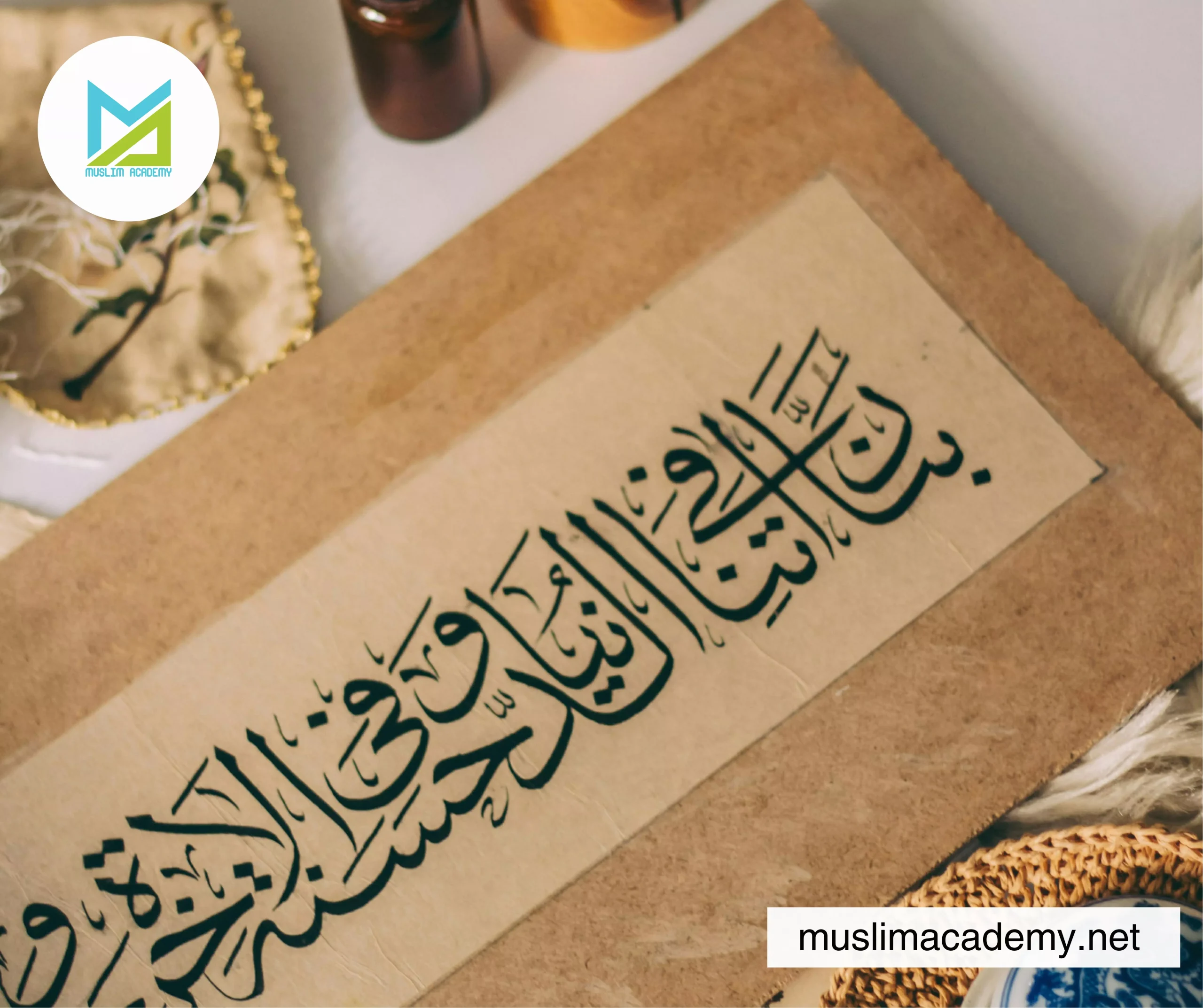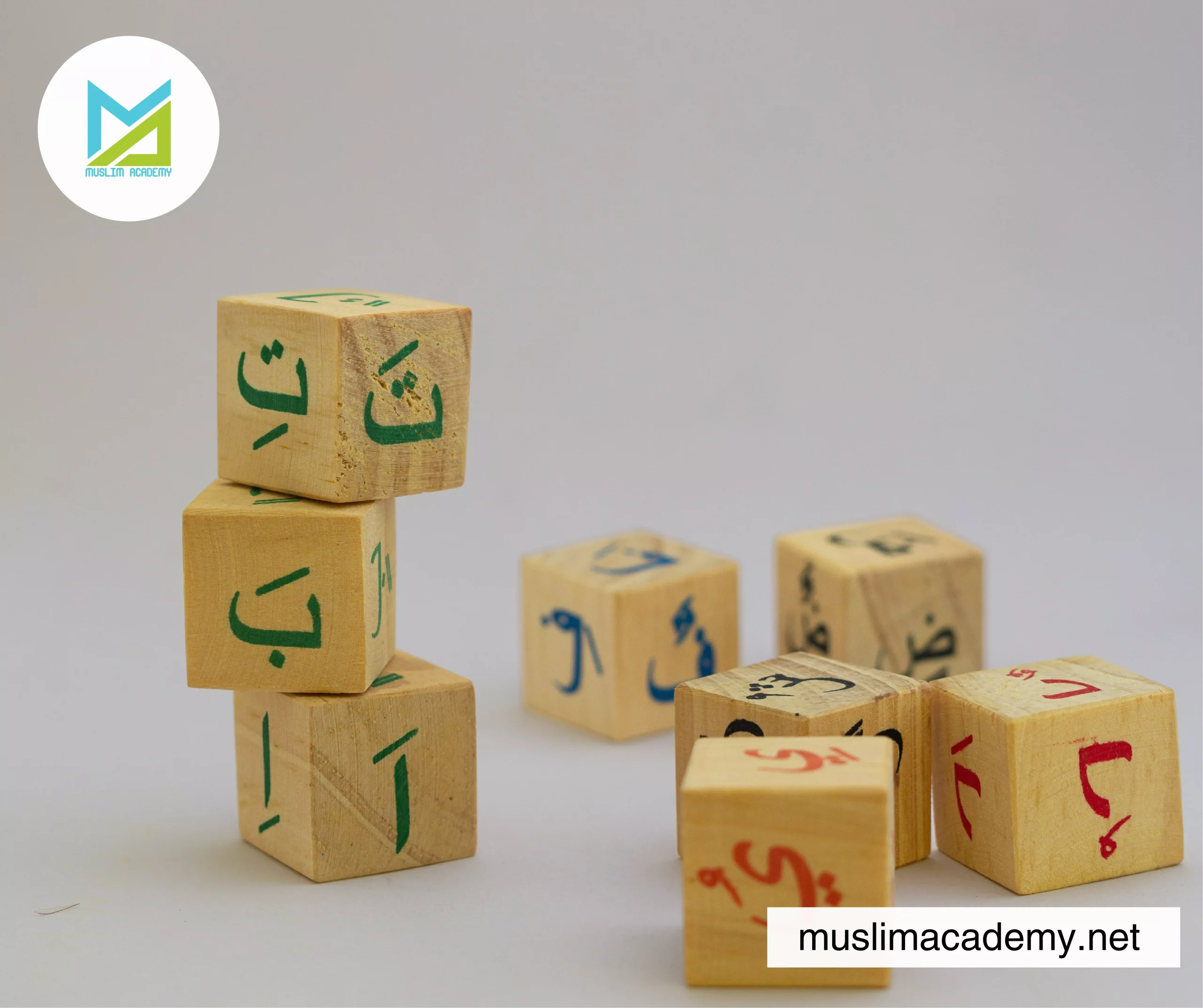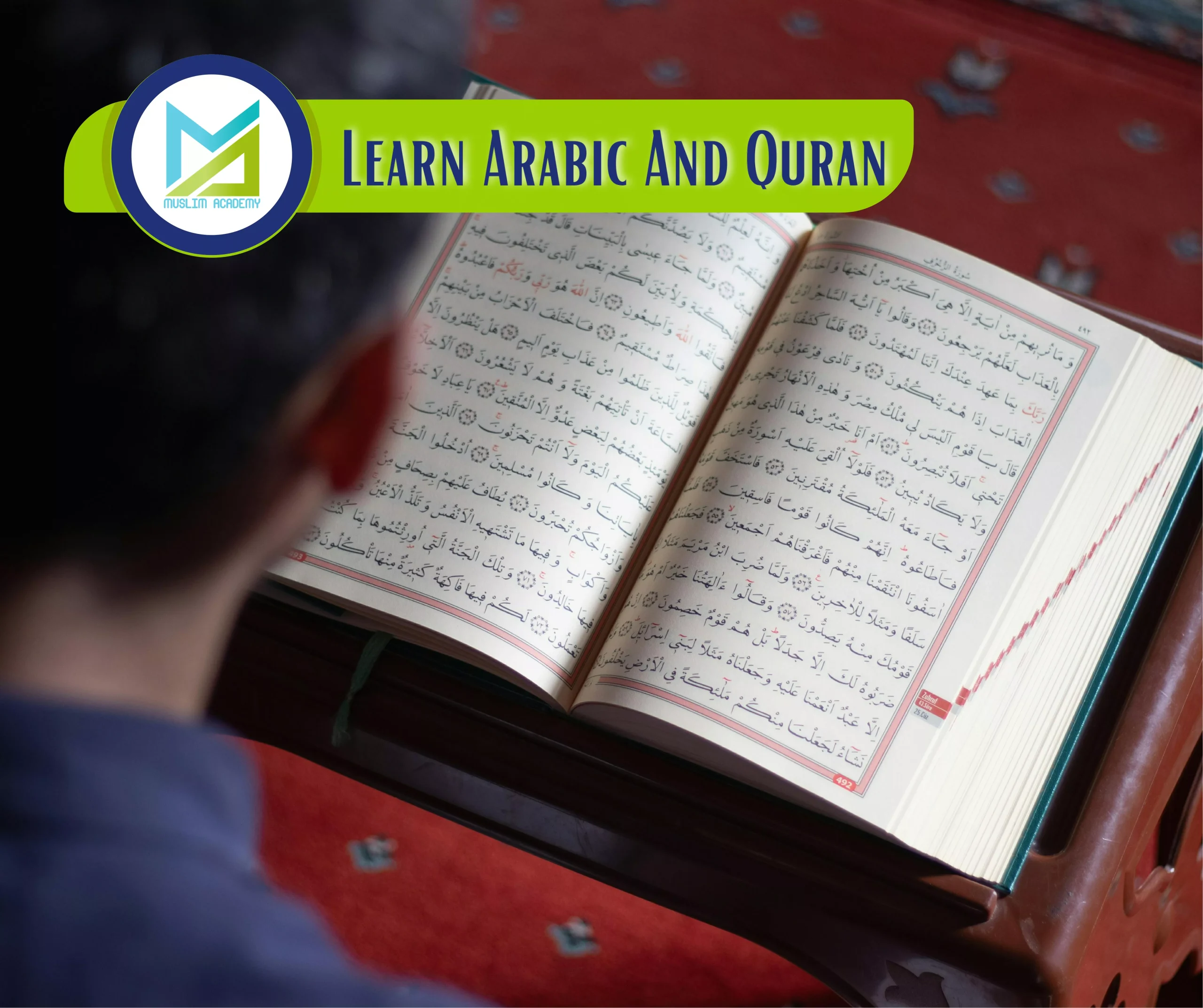Start Online Quran Classes with Muslim Academy
https://muslimacademy.net/index.php/free-trial/
The pursuit of Islamic knowledge reaches its fullest expression when students embrace the interconnected study of the Arabic language and the Quranic text. To Learn Arabic and Quran with Muslim Academy together represents more than parallel educational tracks; it constitutes a holistic approach to Islamic learning that unlocks deeper understanding, authentic spiritual connection, and comprehensive religious scholarship. This integrated methodology has proven superior to studying either subject in isolation, as the symbiotic relationship between language mastery and Quranic comprehension creates educational experiences that enhance both linguistic competency and spiritual development.
The Fundamental Connection Between Arabic and Quranic Studies
The Quran was revealed in Arabic, making linguistic competency essential for authentic understanding of its meanings, nuances, and spiritual depth. While translations provide valuable accessibility for non-Arabic speakers, they cannot fully capture the linguistic beauty, wordplay, rhetorical devices, and subtle meanings that characterize the original Arabic text. When you Learn Arabic and Quran with Muslim Academy simultaneously, you develop the capacity to engage with divine revelation in its original form, experiencing the full impact and elegance that have inspired Muslims for over fourteen centuries.
Arabic language learning provides the foundation necessary for independent Quranic study, enabling students to explore meanings without complete reliance on translations or interpretive works. This linguistic independence proves particularly valuable for advanced Islamic scholarship, where precise understanding of Arabic grammar, vocabulary, and syntax becomes essential for accurate interpretation and scholarly analysis.
The vocabulary acquisition that occurs through Quranic study significantly accelerates Arabic language learning, as students encounter words and phrases in meaningful contexts that enhance retention and comprehension. Classical Arabic preserved in the Quran provides exposure to the most eloquent and refined expressions of the language, establishing excellent standards for pronunciation, grammar, and stylistic appreciation.
The integration of language learning with religious study also provides powerful motivation that sustains long-term educational commitment. Students pursuing purely academic Arabic study may struggle with motivation during challenging periods, while those who Learn Arabic and Quran with Muslim Academy together find spiritual inspiration that carries them through linguistic difficulties and maintains their dedication to mastery.
Systematic Approaches to Integrated Learning
Effective integrated education requires systematic approaches that balance Arabic language instruction with Quranic study while ensuring that each discipline supports and reinforces the other. Beginning students typically start with Arabic alphabet recognition and basic pronunciation rules while simultaneously learning to recite simple Quranic verses, creating immediate practical application for linguistic skills.
Progressive curriculum design introduces grammatical concepts through Quranic examples, teaching Arabic syntax and morphology using verses that students are already familiar with through recitation practice. This contextual approach makes abstract grammatical rules more concrete and memorable while demonstrating their practical application in sacred text.
Vocabulary development becomes more meaningful when new Arabic words are learned through Quranic contexts rather than isolated memorization. Students who Learn Arabic and Quran with Muslim Academy together acquire religious vocabulary naturally while building general linguistic competency that supports broader Arabic communication skills.
Reading comprehension exercises using Quranic text provide authentic materials for practicing Arabic literacy skills while engaging with spiritually meaningful content. This approach maintains student interest and motivation while developing the analytical skills necessary for both linguistic competency and religious scholarship.
Pedagogical Advantages of Integrated Instruction
The decision to Learn Arabic and Quran with Muslim Academy together provides numerous pedagogical advantages that enhance learning effectiveness and student satisfaction. Contextual learning through Quranic text makes Arabic vocabulary and grammar more memorable and meaningful, as students encounter linguistic elements within spiritually significant contexts rather than abstract academic exercises.
Motivation enhancement occurs naturally when language learning serves immediate religious purposes. Students struggling with difficult Arabic grammatical concepts find renewed determination when they realize that mastery will enable deeper understanding of Quranic meanings and a more authentic spiritual connection with divine revelation.
Authentic pronunciation models provided by Quranic recitation establish excellent standards for Arabic sound production and rhythmic patterns. Students learning Arabic through secular methods may lack access to the refined pronunciation standards that characterize classical Arabic as preserved in Quranic tradition.
Cultural immersion becomes possible through integrated study, as students gain exposure to Islamic culture, values, and worldview that provide essential context for both language mastery and religious understanding. This cultural knowledge proves invaluable for authentic communication in Arabic-speaking Muslim communities.

Modern Technology and Digital Learning Platforms
Contemporary educational technology has revolutionized the possibilities for students who want to Learn Arabic and Quran with Muslim Academy through integrated programs. Digital platforms can seamlessly combine language learning applications with Quranic study tools, creating comprehensive educational experiences that leverage technology’s advantages while maintaining authentic Islamic content.
Interactive applications provide immediate feedback on pronunciation, grammar exercises, and vocabulary acquisition while offering Quranic recitation practice and memorization support. These tools enable students to practice independently between formal instruction sessions while receiving guidance and correction that maintains learning accuracy.
Multimedia resources, including video lessons, audio recitations, animated explanations, and interactive exercises, engage different learning styles while providing varied approaches to both Arabic language instruction and Quranic study. Students can access visual aids for Arabic letter formation, listen to master reciters for pronunciation guidance, and participate in interactive exercises that reinforce both linguistic and religious learning.
Online platforms connect students with qualified instructors who specialize in integrated Arabic and Quranic instruction, regardless of geographical location. This connectivity enables access to expertise that might not be available locally while providing flexible scheduling that accommodates diverse time zones and personal commitments.
Addressing Different Learning Stages and Proficiency Levels
Students who Learn Arabic and Quran with Muslim Academy together progress through distinct stages that require different instructional approaches and educational focus. Beginning stages emphasize alphabet recognition, basic pronunciation, and simple verse recitation while introducing fundamental Arabic grammatical concepts through Quranic examples.
Intermediate learning typically involves expanding vocabulary through Quranic study, developing reading fluency with authentic Arabic texts, and beginning to understand basic meanings without complete reliance on translations. Students at this level often begin memorizing longer passages while simultaneously improving their Arabic comprehension skills.
Advanced students may pursue intensive study of Arabic rhetoric and linguistics as demonstrated in Quranic text, explore classical commentaries and interpretive works, or prepare for scholarly careers that require sophisticated competency in both Arabic language and Islamic studies.
Specialized tracks accommodate students with particular objectives such as becoming Islamic teachers, pursuing academic research in Islamic studies, or developing sufficient Arabic competency for professional work in Arabic-speaking countries.
Cultural and Spiritual Dimensions of Integrated Learning
The experience of learning Arabic through Quranic study provides cultural and spiritual dimensions that purely academic language instruction cannot match. Students gain exposure to Islamic civilization, history, and values while developing linguistic competency, creating a comprehensive understanding that supports authentic participation in Muslim communities worldwide.
Spiritual motivation sustains students through challenging periods of language learning, as they recognize that their efforts serve religious purposes that extend beyond academic achievement. This spiritual dimension often provides the persistence necessary for mastering difficult aspects of Arabic grammar and pronunciation that might otherwise discourage purely academic students.
Prayer enhancement represents one of the most immediate benefits for students who Learn Arabic and Quran with Muslim Academy together. Understanding the meanings of daily prayers, being able to recite with proper pronunciation, and comprehending the spiritual significance of liturgical texts enriches religious practice while demonstrating practical applications for linguistic skills.
Community integration becomes more meaningful when students possess both Arabic language skills and Quranic knowledge, enabling fuller participation in Islamic religious services, cultural events, and scholarly discussions within Muslim communities.
Overcoming Common Educational Challenges
Students pursuing integrated Arabic and Quranic education often encounter specific challenges that require patience, persistence, and appropriate support to overcome. The complexity of Arabic grammar can seem overwhelming initially, but systematic instruction that introduces concepts gradually through Quranic examples makes these difficulties manageable.
Pronunciation challenges affect many students whose native languages do not include sounds found in Arabic. Consistent practice with qualified instruction, combined with regular listening to authentic Quranic recitation, gradually develops accurate pronunciation skills while building confidence in oral communication.
Time management becomes crucial for students balancing Arabic language learning with Quranic study alongside other life responsibilities. Successful students learn to integrate their Islamic education into daily routines, finding creative ways to practice during commutes, breaks, or other available periods.
Maintaining motivation during plateau periods requires understanding that both language learning and Quranic mastery involve gradual development that may not always be immediately visible. Students who Learn Arabic and Quran with Muslim Academy together often find that progress in one area encourages during challenging periods in the other discipline.

Assessment and Progress Evaluation Methods
Comprehensive assessment in integrated Arabic and Quranic programs measures multiple aspects of student development while providing specific feedback for continued improvement. Language competency evaluations assess reading comprehension, vocabulary acquisition, grammatical understanding, and oral communication skills while considering the religious contexts in which these abilities will be applied.
Quranic skills assessment examines recitation accuracy, memorization retention, Tajweed application, and comprehension of meanings while recognizing the spiritual dimensions that distinguish religious education from purely academic study. These evaluations help students understand their advancement while identifying areas requiring additional attention and practice.
Portfolio development allows students to document their progress through recorded recitations, written exercises, translation attempts, and reflection essays that demonstrate both linguistic growth and spiritual development. These comprehensive records motivate while creating valuable resources for continued learning and review.
Regular progress conferences between students and instructors provide opportunities for detailed feedback, goal adjustment, and educational planning that ensures continued advancement toward both linguistic and religious objectives.
Professional Applications and Career Opportunities
Students who successfully Learn Arabic and Quran with Muslim Academy together develop qualifications that open various professional opportunities within Islamic education, religious leadership, and Arabic language instruction. These combined skills prove particularly valuable for careers in Islamic teaching, mosque leadership, religious counseling, and community education roles.
Translation and interpretation services require both linguistic competency and a deep understanding of Islamic concepts and contexts. Students with integrated Arabic and Quranic education are uniquely qualified for these important roles that facilitate communication within Muslim communities and between Islamic and non-Islamic populations.
Academic research in Islamic studies benefits significantly from authentic Arabic language skills combined with comprehensive Quranic knowledge. These qualifications enable scholars to access primary sources, engage with classical commentaries, and contribute original research to Islamic scholarship.
International opportunities become available for students with strong Arabic and Quranic competencies, including teaching positions in Arabic-speaking countries, research collaborations with Islamic institutions worldwide, and cultural exchange programs that promote international Islamic education cooperation.
Future Directions and Educational Innovation
The field of integrated Arabic and Quranic education continues evolving with technological advancement, creating new possibilities for enhanced learning experiences and improved educational outcomes. Artificial intelligence applications may soon provide sophisticated language learning support while maintaining authentic Islamic content and traditional educational values.
Virtual reality technology could create immersive learning environments that simulate traditional Islamic educational settings while providing interactive experiences with the Arabic language and Quranic text. These innovations may make integrated learning more engaging and effective while preserving the reverence and authenticity essential to religious education.
Collaborative international programs linking students and educators across different countries and cultures may facilitate knowledge sharing and cross-cultural learning that enriches both Arabic language instruction and Quranic study. These partnerships could significantly enhance educational quality while promoting global Islamic educational cooperation.
Conclusion: Embracing Comprehensive Islamic Learning
The decision to Learn Arabic and Quran with Muslim Academy together represents a commitment to comprehensive Islamic education that honors both the linguistic heritage and spiritual wisdom of Islamic tradition. This integrated approach provides educational experiences that transform students’ understanding of Islam while developing practical skills that enhance religious practice and community participation.
The journey requires dedication, patience, and consistent effort, but the rewards extend far beyond academic achievement to include spiritual growth, cultural understanding, and authentic connection with Islamic civilization. As educational technology continues advancing and global access to quality instruction improves, the opportunities for successful integrated learning will continue expanding, ensuring that future generations of Muslims can access the comprehensive Islamic education that connects them authentically with their religious heritage while preparing them for meaningful participation in contemporary Muslim communities worldwide.
